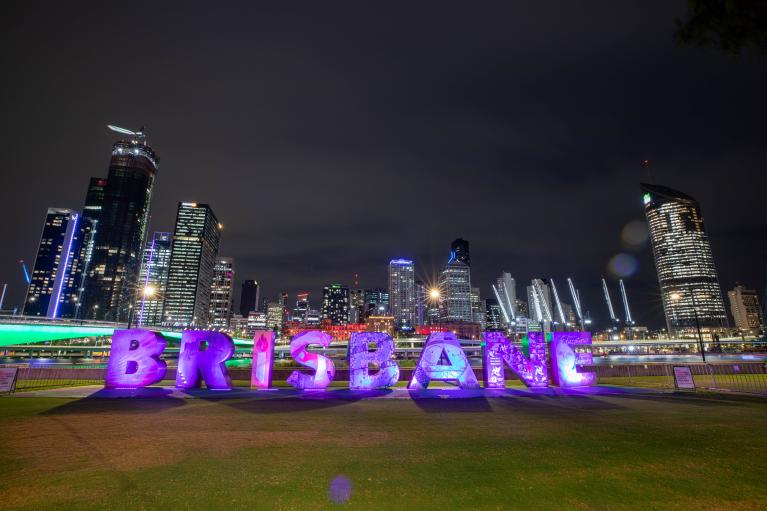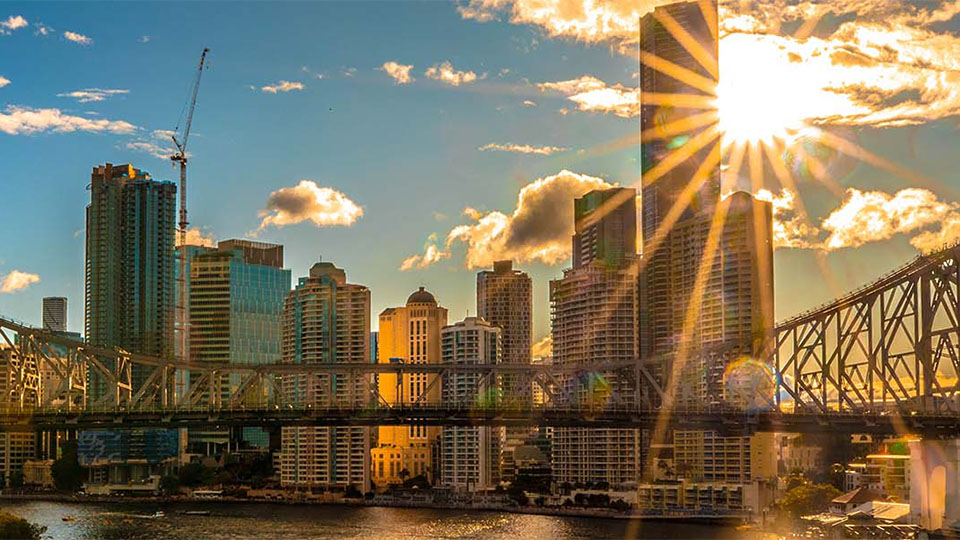Living in Brisbane
Australia is a great place to live and study in. By studying in Brisbane you will enjoy the sights and sounds of one of Australia's most visited cities. You will also be close to many of our finest east coast tourist destinations.
Accommodation
Finding the right accommodation is one of the most important factors to consider once you have made the decision to study and live overseas. You will need to be mindful of how much your accommodation costs, how far it is from the campus and other areas, and whether there are adequate services nearby, such as supermarkets and health services.
Temporary accommodation
The following is a list of budget-conscious hotels and hostels that you may like to contact for temporary accommodation upon your arrival in Brisbane. They are a short distance of the campus in Fortitude Valley.
Australian Homestay Network
Our preferred homestay provider is Australian Homestay Network (AHN). AHN students are covered by insurances and have a 24/7 emergency phone help. The minimum stay is four weeks.
Homestay provides a cultural exchange between you and a local family or individual (called a host). You live as a guest in the host's home. Unlike many other accommodation options you do not need to pay a bond, find furniture, sign a lease or search for a property.
Living in a supportive family environment, you are provided with a clean furnished room which includes items like a bed, desk, wardrobe, chair and a study lamp. You'll have access to bathroom and laundry facilities and meal services. Utilities (electricity, gas and water bills) are also included. Hosts offer ongoing support and can show you around the local area including nearby facilities such as banks, post office, shops and public transport.
Find out more:
- Visit the VU Brisbane Australian Homestay Network page
- Phone or 1300 MY STAY
Vacant properties or share accommodation
Search for vacant rental properties or share accommodation in Brisbane:
We recommend getting an idea of what is available, but not actually signing or paying anything until you can inspect properties and meet potential roommates.
Tenancy advice
Free tenancy advice is available from Tenants QLD and the Residential Tenancies Authority QLD.
Cost of living
While Brisbane may sometimes seem expensive, it is comparatively cheaper than other capital cities around the world.
According to Insider Guides, you can expect to spend between A$350-A$370 per week in an inner-city share house or serviced serviced apartment. Budget approximately A$50 a week for unlimited travel on train, bus, ferry and light rail services. Use the Insider Guides' Cost of Living Calculator to find out how much it costs to live in Brsibane, depending on your lifestyle.
As a condition of your student visa, you must have enough money to pay your course fees, and travel and living costs, for you and any accompanying family members while you are in Australia. You might need to provide evidence of your financial capacity with your visa application.
The Australian Government's minimum 12-month living cost is:
- student or guardian - A$21,041
- accompanying partner or spouse - A$7,362
- accompanying child - A$3,152.
View more information about providing evidence of financial capacity (refer to Step 2) and creating a budget to manage your money while in Australia
Living costs will vary by location, and by your lifestyle. With a student card, you will be eligible for concession prices to events, the cinema, museums and more.
Working in Brisbane
An Australian student visa (subclass 500) allows you to work in Australia once your course has commenced.
You have automatic work rights if your student visa was granted after 26 April 2008. If you were granted a student visa on or before 26 April 2008, you can apply to the Department of Home Affairs (DHA) for permission to work.
Work rights allow you to work:
- for the duration of your visa
- once you have started your course
- for a maximum of 40 hours per fortnight (40 hours per two weeks) while your course is in session
- unlimited hours during the summer or winter non-teaching periods in the academic calendar.
Work that is formally registered as a requirement of your course, such as work placements, is not included in the 40 hours per fortnight limit, nor is some voluntary or unpaid work.
Please see the Department of Home Affairs website for further details.
Taxes
Students who undertake paid work will also need to apply for a Tax File Number (TFN) and complete an income tax return at the end of each financial year.
For further information, please refer to the Australian Taxation Office.
Schooling for your children
If you have children aged between 5 and 18 accompanying you to Australia, they must by law attend school. Most temporary resident students pay the temporary resident administration fee and education fee to enrol in a government school. Allow schooling costs of at least A$8,000 per year for each child.
There are many public, private and multi-faith/religious schools for all ages, which charge fees ranging from quite low to very expensive. Find out more about the schooling system and education in Queensland.

